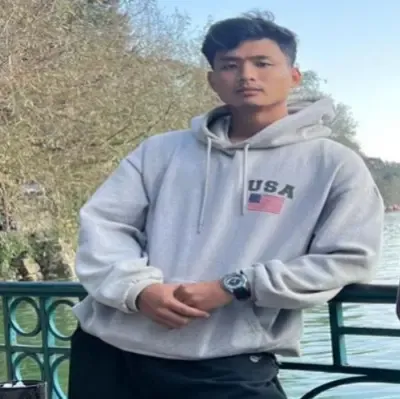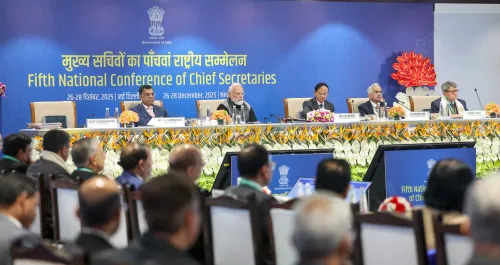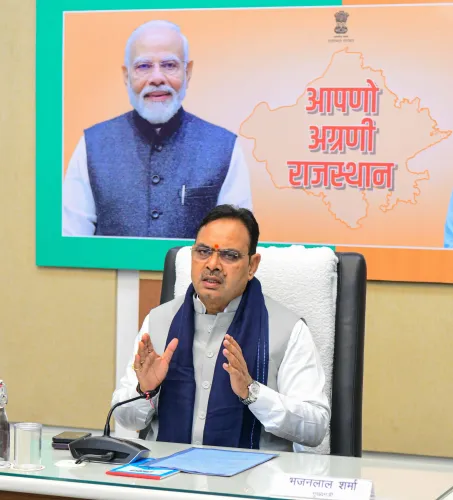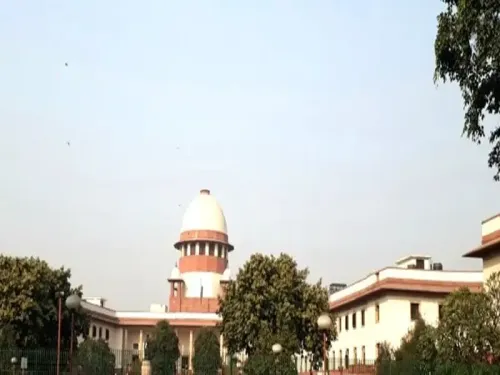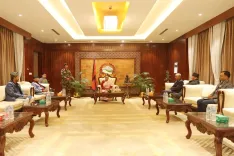Should Temple Administration Be Free from Political Control?
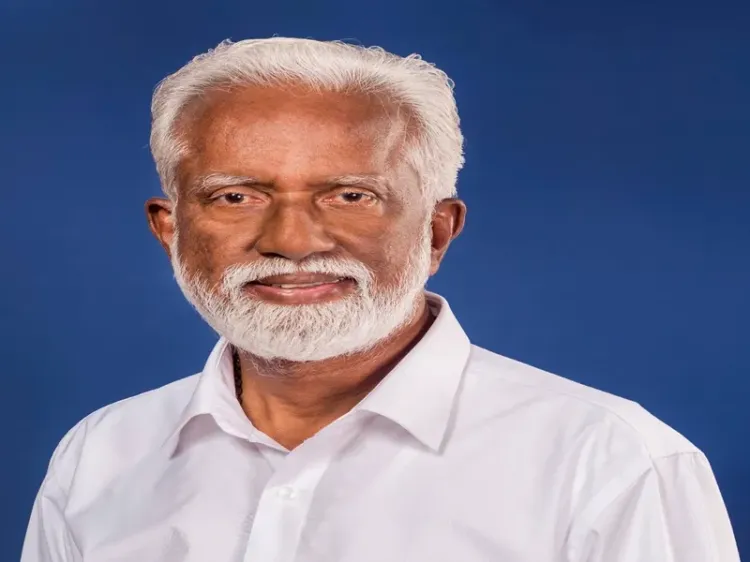
Synopsis
Key Takeaways
- Appointment of K. Jayakumar is seen as a potential turning point.
- A call for the de-politicization of temple management.
- Concerns over corruption and mismanagement within the Devaswom Board.
- Need for amendments to the Hindu Religious and Charitable Endowments Act.
- Emphasis on restoring temples' autonomy and sanctity.
Thiruvananthapuram, Nov 8 (NationPress) BJP national executive committee member Kummanam Rajasekharan stated on Saturday that the selection of K. Jayakumar as the new head of the Travancore Devaswom Board (TDB) should signal the onset of significant reforms aimed at liberating temple management from political influence.
Jayakumar, a former Chief Secretary of Kerala, has been one of the select bureaucrats who earned the confidence of various state administrations and held important roles even after retiring in 2012.
Veteran BJP leader and former Mizoram Governor Rajasekharan emphasized that the government's choice of a respected bureaucrat for this position was a long-overdue response to the demands of devotees for the de-politicization of temple administration.
However, he stressed that merely changing the leadership would not resolve the issue.
"The enduring solution lies in liberating temples like Sabarimala from governmental oversight," he remarked.
Accusing the authorities of widespread corruption, mismanagement, and encroachment on temple properties, Rajasekharan urged for stringent measures against those accountable.
"The Devaswom Board has gradually been diminished to a political appendage of the ruling party. It must be reinstated as an independent body that upholds the values of Hindu dharma," he asserted.
He condemned the state government for exploiting temples for political leverage.
"Individuals who lack belief in temples or God have been appointed to significant roles in the Board. This has transformed temples into tools of propaganda, compromising their sanctity," Rajasekharan stated.
He remarked that the essential principle that temple wealth belongs to the deity has been neglected.
"Currently, it is treated as a commercial resource managed with greed and material interests. The recent theft of gold from Sabarimala has profoundly shaken the faith of devotees. Officials who viewed the gold solely in terms of its weight and monetary value failed to appreciate what the devotees perceived—the divine presence," he commented.
Rajasekharan attributed the decline in temple governance to the existing Devaswom laws.
The BJP is advocating for amendments to the Hindu Religious and Charitable Endowments Act to ensure that temple management is entrusted to boards that represent devotees and are guided by faith-based principles.
Echoing similar sentiments, Union Minister of State for Fisheries George Kurian remarked that Communists are inherently atheistic, and Chief Minister Pinarayi Vijayan's decision to appoint Jayakumar was merely a superficial gesture following the significant theft of gold plates from the Sabarimala temple.


